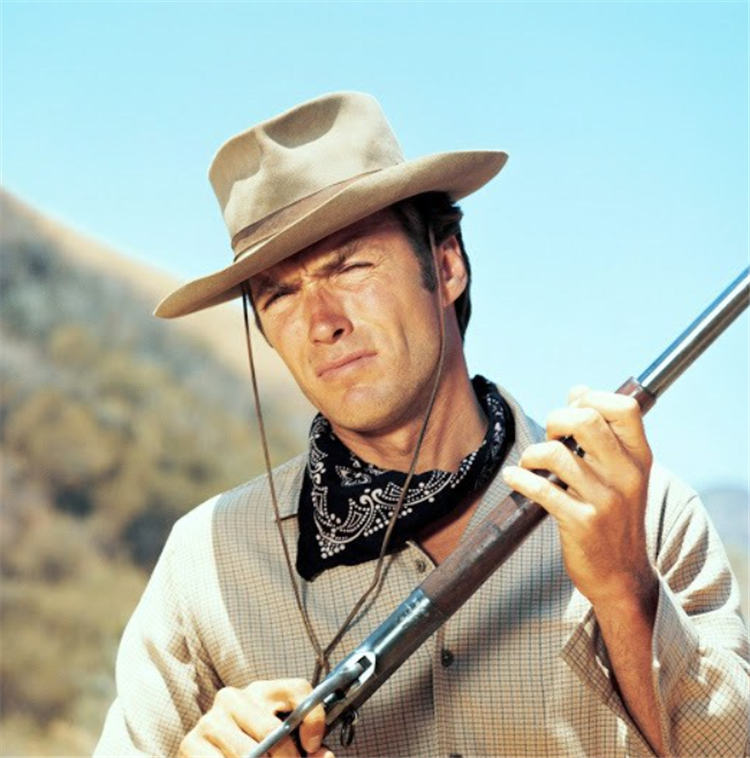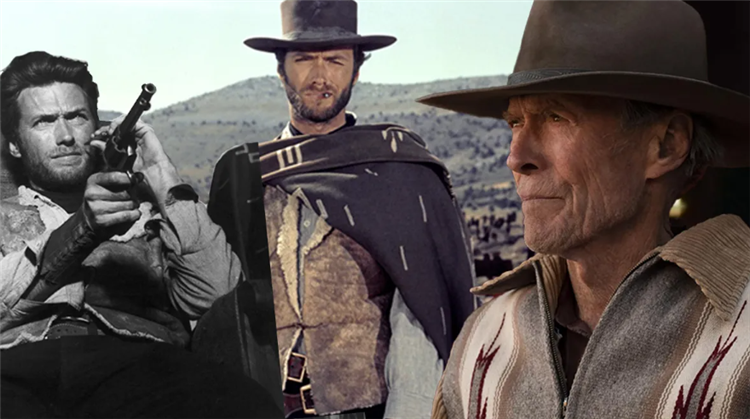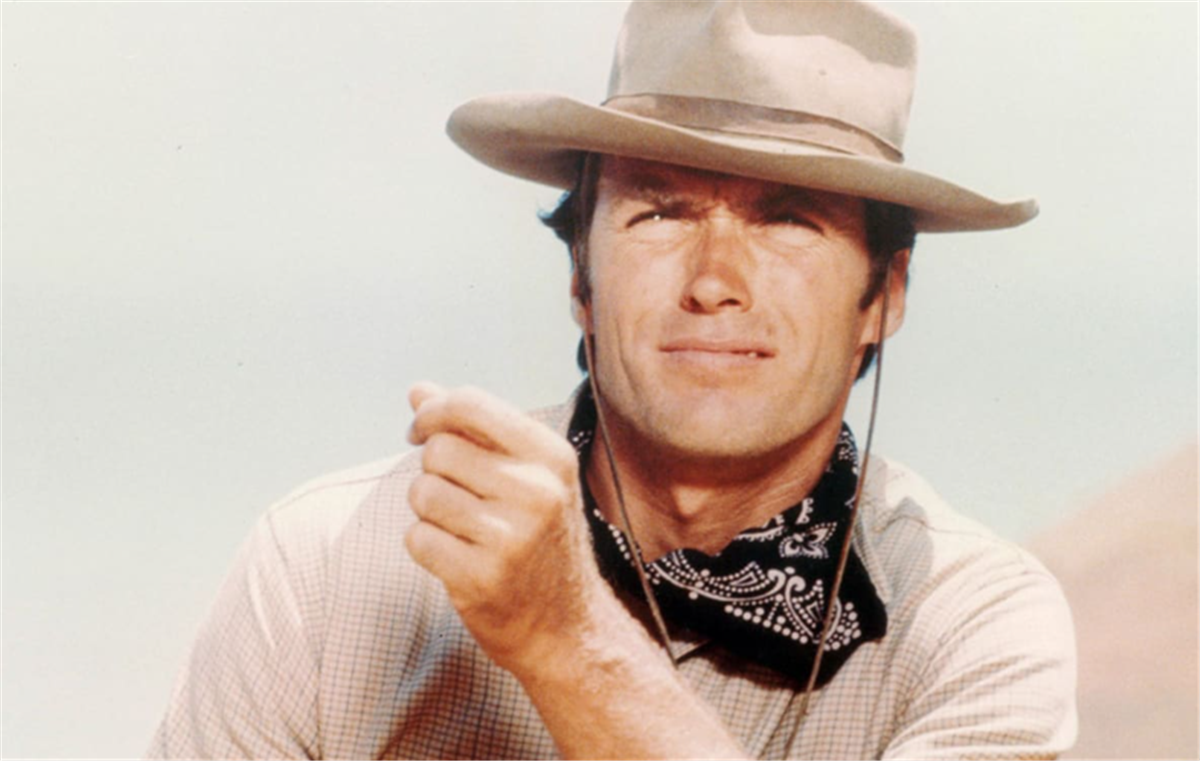It’s been over 30 years since Clint Eastwood last appeared in the western genre, but despite his career continuing to flourish in the aftermath, it’s almost the first form of cinema anybody thinks of when casting an eye over his storied career on either side of the camera.
Alongside John Wayne, Eastwood is without a doubt one of the two most iconic faces to have ever plied their performative trade on the wide open plains of the American West, an association that began with his breakthrough role on the small screen in Rawhide and carried right through to the elegiac swansong that won him his first two Academy Awards for ‘Best Picture’ and ‘Best Director’.
If there’s anybody qualified to pass judgment on why the western has such a long-lasting appeal among cinema audiences everywhere, they don’t come much more learned than him. Although it’s fair to say the popularity of seeing cowboys and their six-shooters has dwindled significantly in the modern era, Eastwood’s greatest contributions to the genre remain as timeless as ever.

Whether it’s Sergio Leone’s Dollars trilogy, High Plains Drifter, The Outlaw Josey Wales, Pale Rider, Hang ‘Em High, Two Mules for Sister Sara, or even the misjudged musical escapades of Paint Your Wagon, Eastwood experienced everything the Western had to offer during his lengthy time spent being its on-screen figurehead.
He even has his own explanation for why “people love Westerns worldwide,” and it’s all to do with how the majority of the finest examples hark back to an era where all somebody needed to get what they wanted was a strict moral code, the will to survive, and more often than not a pistol. “There’s something fantasy-like about an individual fighting the elements,” he said. “Or even bad guys and the elements. It’s a simpler time. There’s no organised laws and stuff.”

Eastwood might have segued into directing and continued to diversify his portfolio as an actor by co-starring with orangutans, playing romantic leads, dipping his toes into comedy, or embodying hard-nosed police officers with grizzled charisma to spare, but at the end of the day he’ll never be more closely associated to any style of cinema than he is to the western.
Not that he could keep it up forever, though, with the four-time Oscar winner informing Empire of why he knew from the very beginning that Unforgiven was his final stand. “I can give you a pseudo-explanation, loading up a bucket of psychobabble,” he suggested before putting it in much simpler terms. “I felt like that was the genre I became known in, it had been so good to me, and that this would be the perfect last Western for me, and so far it had turned out that way.”
The gradual decline in popularity of the western coincided with Eastwood’s decision to walk away, and whether that’s coincidence or not, it’s nonetheless illustrative of just how closely the two were intertwined.
